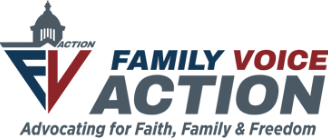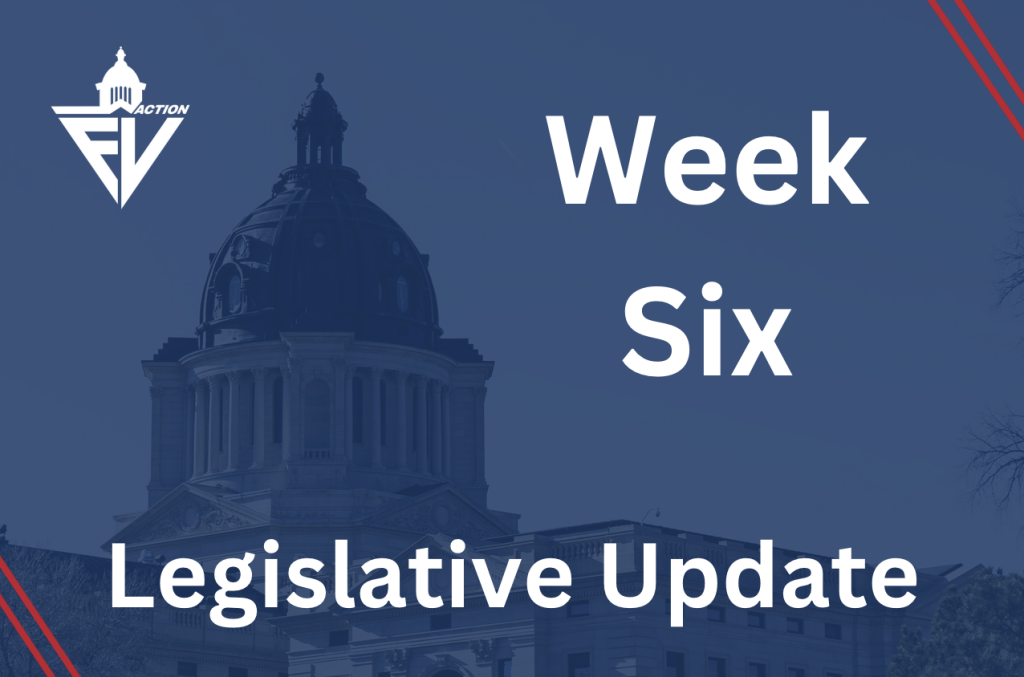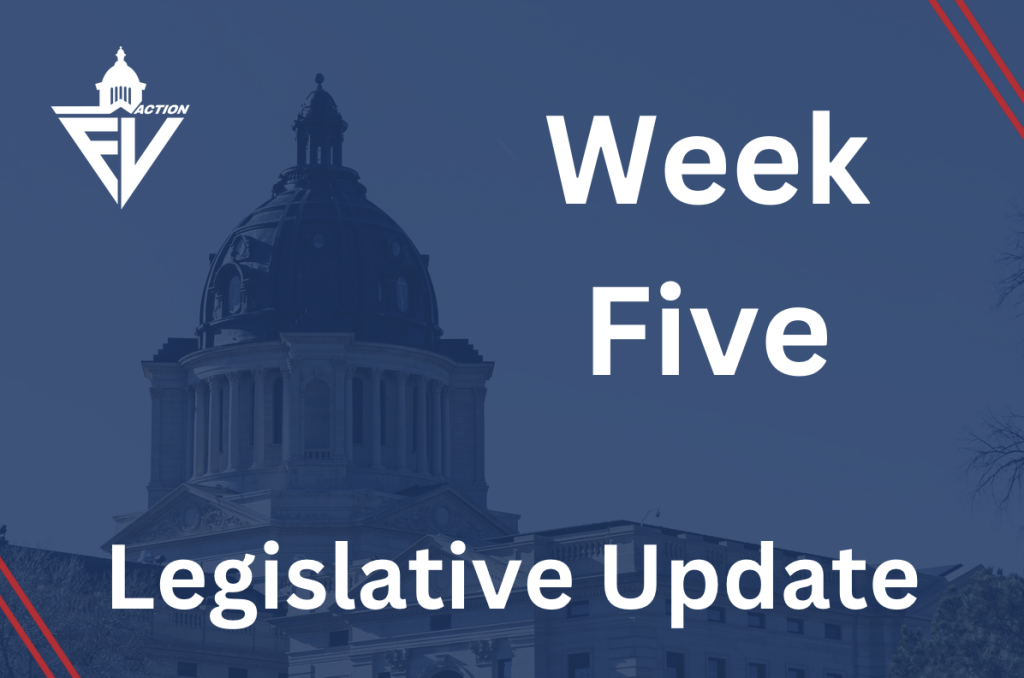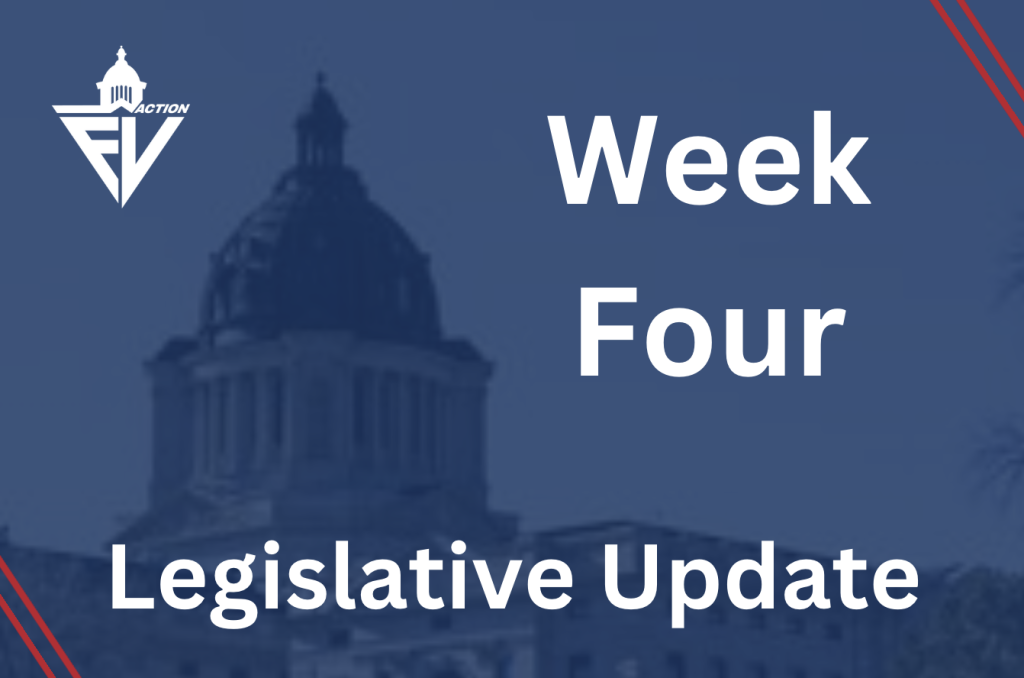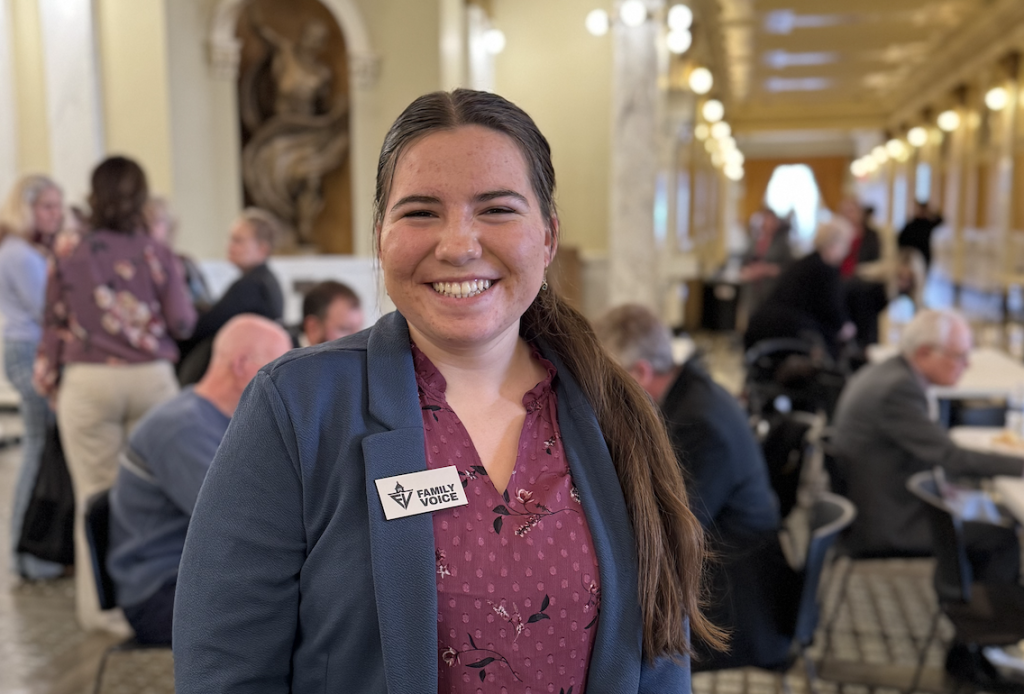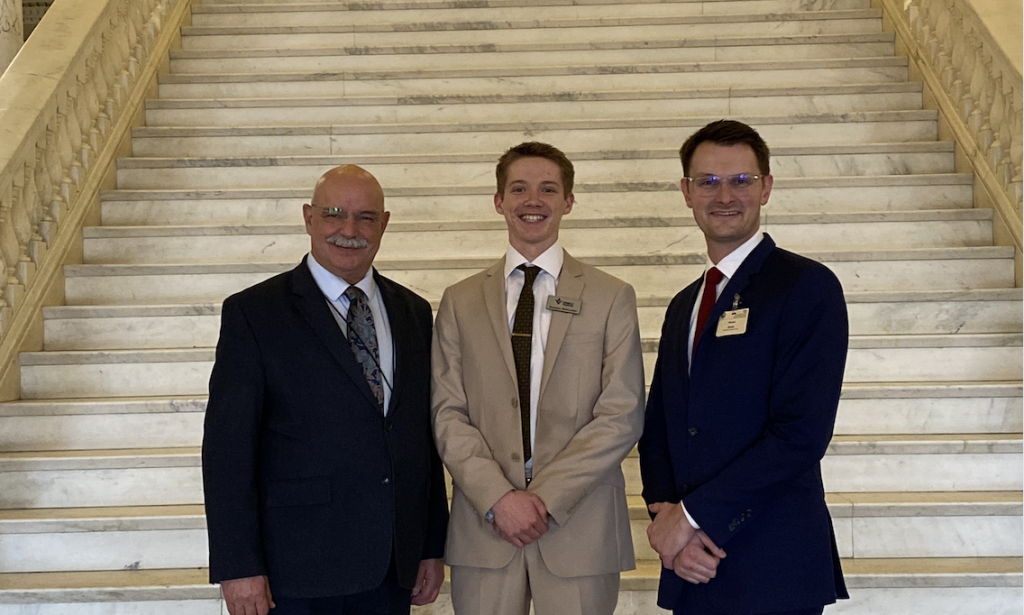“If a man stumbles, it is a good thing to help him to his feet. Every one of us needs a helping hand now and then. But if a man lies down, it is a waste of time to try and carry him; and it is a very bad thing for everyone if we make men feel that the same reward will come to those who shirk their work and those who do it.” – President Theodore Roosevelt
South Dakotans will see several amendments on their General Election ballot that would alter the state constitution if passed. One of those is Amendment F: “An Amendment to the South Dakota Constitution Authorizing the State to Impose a Work Requirement on Individuals Eligible for Expanded Medicaid Benefits.” Two years ago, voters approved a provision that expanded Medicaid eligibility for low-income individuals over 18 and under 65. This amendment would build on that provision and authorize the state to implement a work requirement for any able-bodied individual who qualifies for the expanded Medicaid program. A “Yes” vote would adopt the amendment, and a “No” vote would reject it.
“I think it’s important to understand what Amendment F does and doesn’t do,” Rep. Tony Venhuizen, the author of the amendment, said at the 2024 Vote South Dakota Candidates & Issues Forum. “This amendment is not about establishing a work requirement, it’s about removing a prohibition that’s in our constitution. The amendment that was passed to enact Medicaid expansion has language in it that precludes a work requirement from even being considered. What Amendment F would do is remove that prohibition so that a future governor [or] a future legislature could consider enacting a work requirement.” (emphasis added)
Venhuizen explained that if the legislature considers implementing a Medicaid work requirement after the passage of Amendment F, the policy would use South Dakota’s other social programs, like SNAP (commonly referred to as food stamps) and Temporary Assistance for Needy Families (TANF), which already have work requirements in place, as a model. Those programs specify a baseline of required work hours to qualify for the program – usually part-time, or 80 hours a month, at minimum. They also provide several common-sense exemptions to the work requirement: students, parents staying at home with young children, those caring for sick or elderly relatives, those who are sick themselves, or anyone who lives in a part of the state where jobs aren’t available. There are also provisions for mental and physical disabilities.
“I think it would be highly likely, I’m very sure, that the legislature would have the same exceptions [for a Medicaid work requirement], and frankly that the federal government would require them as a condition of approving a waiver to enact a work requirement,” Venhuizen said.
Opponents argue that the amendment would increase government bureaucracy – despite their ardent support of government-run healthcare – and that it does not provide enough details about how a Medicaid work requirement would function. Proponents emphasize that this ballot question simply gives the legislature the authority to consider enacting such a requirement, and all the details would be hammered out during a legislative session, would have to be approved by the House and Senate, signed by the governor, and then approved by the federal government before it could ever go into effect. Proponents of Amendment F point to the fact that SNAP and TANF have been successfully functioning with work requirements for years, and this policy would be no different.
“In South Dakota, our social programs are not a way of life. They’re not a long-term answer. We believe in the value of work. We don’t believe a job is a punishment. We think it’s good for people to support themselves, and we give them a hand up so that they can do that. That’s what we’re trying to do with Amendment F,” Venhuizen concluded. (emphasis added)
We encourage you to watch the excellent debate between Rep. Tony Venhuizen and Shelly Ten Napel as they discuss the pros and cons of this measure before you cast your ballot on November 5 or through early voting. Click here to watch the debate.
Curious about what else will be on your ballot in November? Click here for an overview of Amendment G, which would legalize abortion through all nine months. Click here for an overview of IM 29, which would legalize recreational marijuana. Click here for an overview of IM 28, which would eliminate state sales tax on anything sold for human consumption.
